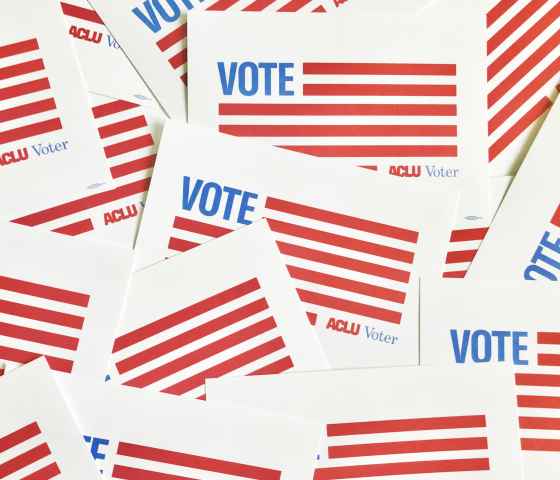CRIMINALIZATION OF POVERTY
Low-income people are regularly directed into the criminal legal system and face barriers to getting out due to their limited financial circumstances. A combination of high fines and fees for minor traffic tickets, civil offenses, and even misdemeanor crimes result in jail time and punitive collection practices for those unable to pay.
Do you agree that high fines, fees and financial assessments in the criminal and traffic court system have contributed to the "criminalization of poverty" where poor people face harsheroutcomes for the same conduct as others due to their poverty? If you answered yes, please describe the specific actions you will take as State's Attorney to mitigate the harm that fines, fees, and other financial assessments imposed by criminal and traffic courts inflict upon people living in poverty.
CONWAY: |
 |
| Right now, there are hundreds of people sitting in Cook County Jail with a bond of $1,000 or less. We absolutely need to stop locking up nonviolent offenders just because they can't afford to pay for their freedom. As State's Attorney, I will make sure that we get our bond priorities straight and make sure that, when the justice system makes financial demands of individuals, those demands incorporate realistic assessment of what those individuals can pay. Additionally, high fees for people who plead or are found guilty of crimes just encourages them to commit more crimes to pay court fees, which is what we are trying to avoid. |
FIORETTI: |
 |
| Some steps have already been taken by the City of Chicago and State of Illinois such as not suspending drivers’ licenses for not being able to pay parking tickets and camera tickets in a timely manner. It should be a guiding principle that people should not be in jail because they are poor and it will be when I am State’s Attorney. |
FOXX: |
 |
MORE:
DID NOT RESPOND
O'BRIEN:
DID NOT RESPOND
PFANNKUCHE:
DID NOT RESPOND
